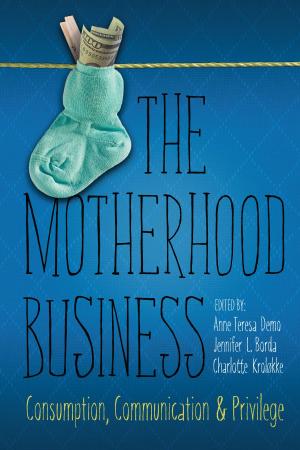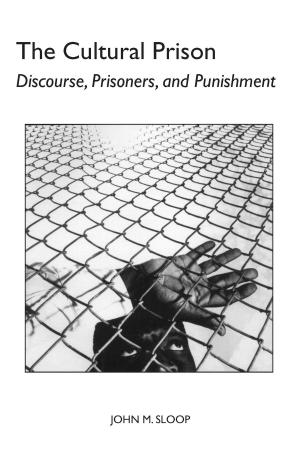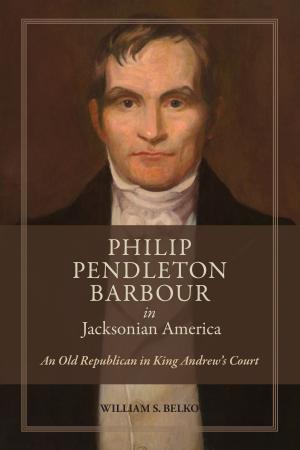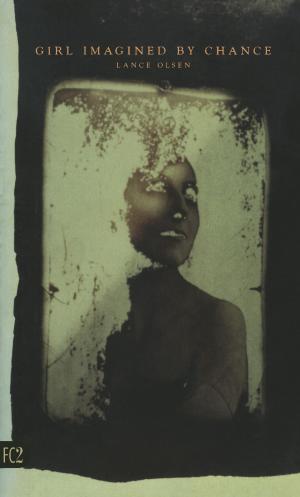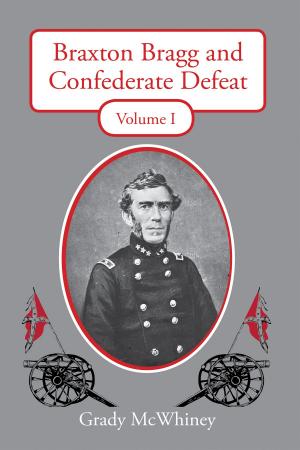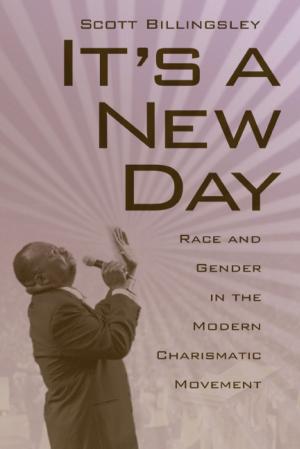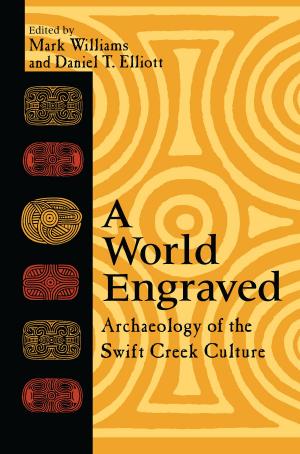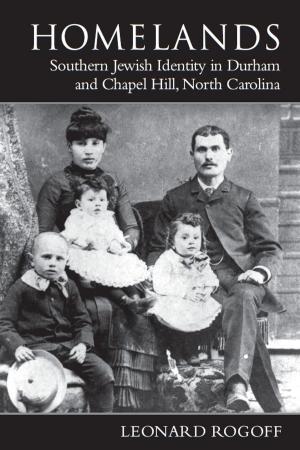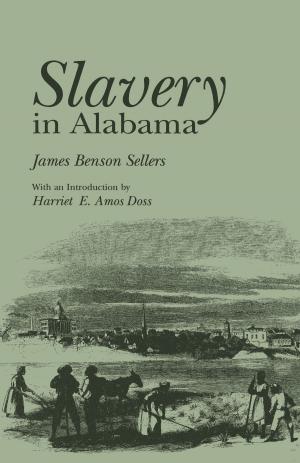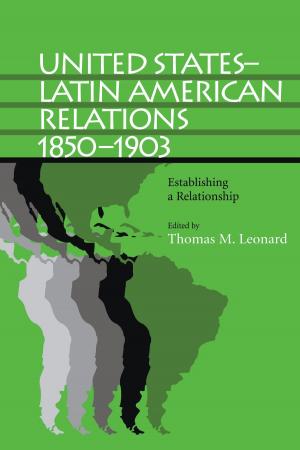| Author: | Vi Khi Nao | ISBN: | 9781573668729 |
| Publisher: | University of Alabama Press | Publication: | September 19, 2017 |
| Imprint: | Fiction Collective 2 | Language: | English |
| Author: | Vi Khi Nao |
| ISBN: | 9781573668729 |
| Publisher: | University of Alabama Press |
| Publication: | September 19, 2017 |
| Imprint: | Fiction Collective 2 |
| Language: | English |
Winner of FC2’s Ronald Sukenick Innovative Fiction Prize
An unflinching and riveting meditation on the pain that attends every facet of existence—love and sacrifice and intimacy and beauty—a biography of torture.
Like all of Vi Khi Nao’s acclaimed and award-winning work, A Brief Alphabet of Torture bleeds across many modes and genres—poetry, essay, fiction, drama—and itself almost constitutes a novel of a different kind. Each tale captures the emotional, physical, psychological, political, and artistic concerns that pervade life like breath and which, even when very beautiful, are filled with pain.
These stories are all facets of Nao’s imagination that define the way she views creation, sexuality, violence, and the role of life in an ontological system that relies heavily on cultural, social, and artistic duress. Some stories like “Winter Rose” and “I Love You Me Neither” rise above the boundaries of pain to places of beauty and grace and love, where pain has no place, but make clear how rare such moments appear in life.
Winner of FC2’s Ronald Sukenick Innovative Fiction Prize
An unflinching and riveting meditation on the pain that attends every facet of existence—love and sacrifice and intimacy and beauty—a biography of torture.
Like all of Vi Khi Nao’s acclaimed and award-winning work, A Brief Alphabet of Torture bleeds across many modes and genres—poetry, essay, fiction, drama—and itself almost constitutes a novel of a different kind. Each tale captures the emotional, physical, psychological, political, and artistic concerns that pervade life like breath and which, even when very beautiful, are filled with pain.
These stories are all facets of Nao’s imagination that define the way she views creation, sexuality, violence, and the role of life in an ontological system that relies heavily on cultural, social, and artistic duress. Some stories like “Winter Rose” and “I Love You Me Neither” rise above the boundaries of pain to places of beauty and grace and love, where pain has no place, but make clear how rare such moments appear in life.

